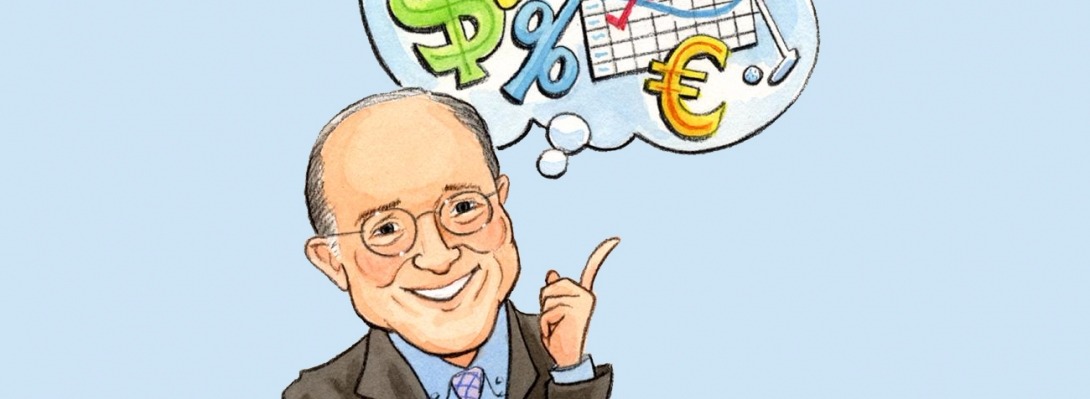June 25, 2020
The U.S. stock market has been rising steadily, apart from yesterday’s hiccup, for the last couple of weeks, floating at right about where it was before the COVID pandemic began to assert itself on American shores. We have had stronger-than-expected retail sales, and not quite as many people were unemployed as economists predicted. The economy is far from robust right now, and a recession formally began in February, yet many are predicting (without actual evidence) that there is “a V-shaped recovery” in our future.
This happy outlook ignores the fact that coronavirus cases are once again on the rise in most states, an estimated 20 million Americans are unemployed, 122,000 U.S. individuals have died from the pandemic, and there is civil unrest in cities and towns throughout the country. There may be additional lockdown measures if the spike in new cases is not quickly arrested.
So which case should we listen to? Right now, some economists believe that the only thing keeping business and the economy afloat has been massive amounts of borrowed taxpayer money sent out to the business community, plus equally-massive intervention by the Federal Reserve, which has recently taken the previously-unthinkable step of using its reserves to buy individual corporate bonds. People who are bullish on the stock market are betting that Congress and the Fed simply will not let stock prices collapse. People who are bearish believe that companies have become some degree less valuable due to the lost quarter of productivity, earnings and future diminished sales as people have less to spend. And as those lower earnings reports come out for the next quarter, price/earnings multiples will spike, and you will see headlines about how the stock market is more expensive than it has ever been.
The discouraging truth is that nobody knows which argument is right. The quiet chatter among financial professionals is the best strategy is to stay the course. We realize the upside does look increasingly fragile. Without a working crystal ball, there may not be a better long-term strategy than that.
Sincerely,
Edward J. Kohlhepp, Jr., CFP®, MBA
President
Edward J. Kohlhepp, CFP®, ChFC, CLU, CPC, MSPA
Founder & CEO
Sources:
https://finance.yahoo.com/news/stock-market-news-live-june-16-2020-222206832.html
https://www.nytimes.com/2020/06/08/business/recession-stock-market-coronavirus.html
This material was prepared by BobVeres.com., and does not necessarily represent the views of the presenting party, nor their affiliates. This information has been derived from sources believed to be accurate. Please note - investing involves risk, and past performance is no guarantee of future results. The publisher is not engaged in rendering legal, accounting or other professional services. If assistance is needed, the reader is advised to engage the services of a competent professional. This information should not be construed as investment, tax or legal advice and may not be relied on for the purpose of avoiding any Federal tax penalty. This is neither a solicitation nor recommendation to purchase or sell any investment or insurance product or service, and should not be relied upon as such. All indices are unmanaged and are not illustrative of any particular investment.







